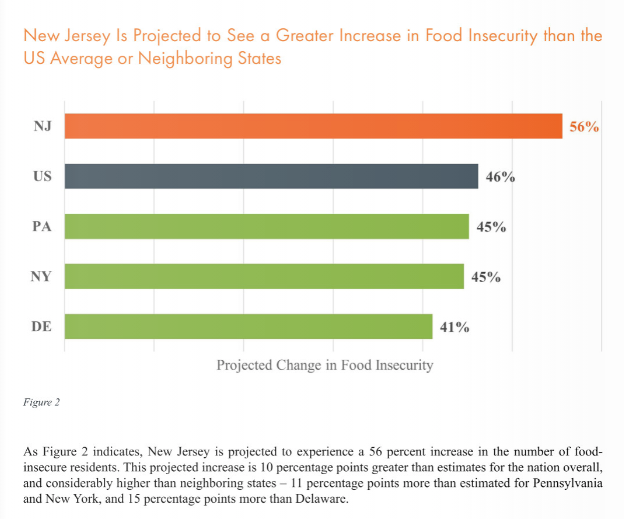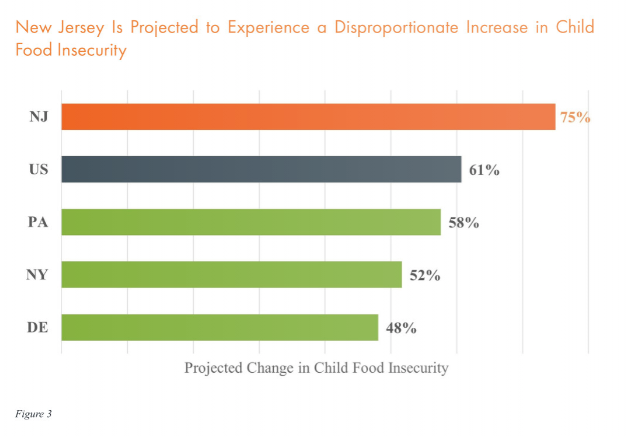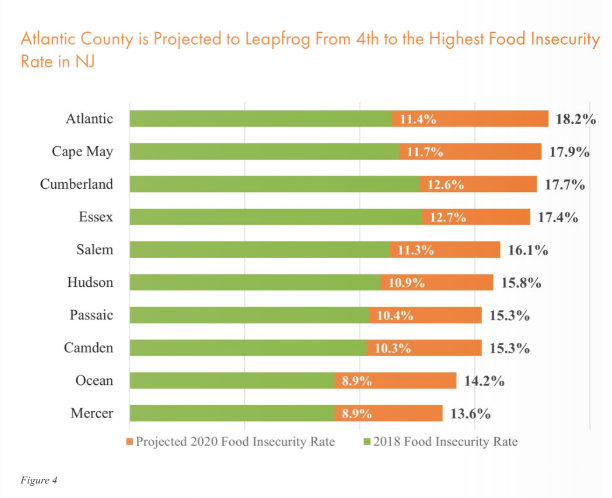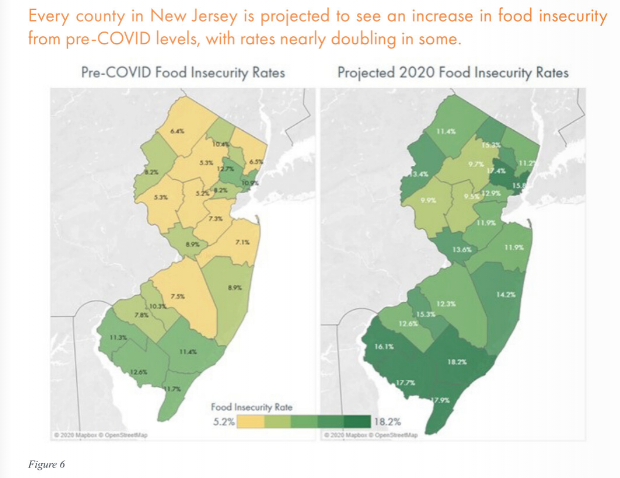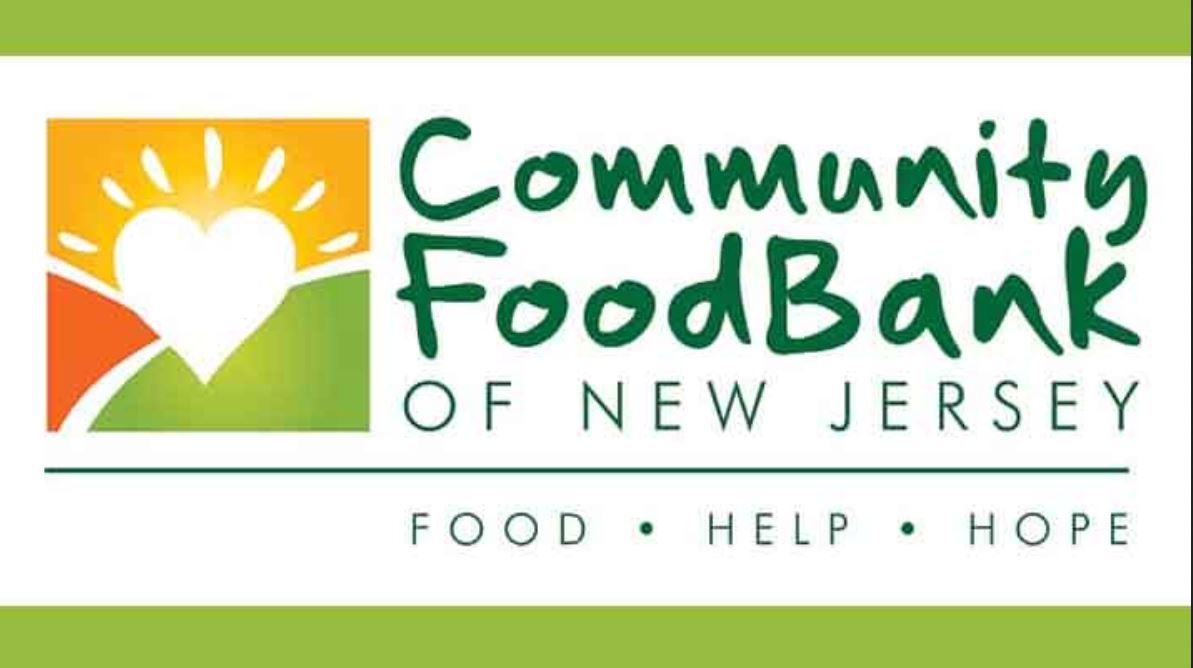 By Tyler Durden
By Tyler Durden
The virus-induced economic downturn has triggered another kind of emergency that is unleashing food insecurity for millions of Americans. Food banks across the country have reported skyrocketing demand this year as widespread unemployment has crushed low-income households.
According to a new report published by the Community FoodBank of New Jersey (CFBNJ), titled “COVID-19’s Impact on Food Insecurity in New Jersey,” statistical projections from Feeding America were used to anticipate more than one million New Jerseyans could suffer food insecurity this year.
CFBNJ found residents of the Mid-Atlantic state who have limited access to food is expected to surge by more than 50% by the end of the year because of the unrelenting economic downturn. Statewide, people who experienced food insecurity could total 1.2 million, or about 13.5% of the state’s population.
CFBNJ is the state’s most prominent food bank, is warning about a hunger crisis forming in the state, which has surpassed the national average and neighboring states, including Pennsylvania, Delaware, and New York.
New Jersey’s number of food-insecure residents is estimated to increase by 56%, from the pre-pandemic level of 774,000 food-insecure people, higher than the national average of 46%, as well as higher than the 45% rise for both New York and Pennsylvania.
New Jersey is projected to see a greater increase in food insecurity than the US average or neighboring states.
A disproportionate increase in food insecurity among children for the state.
Atlantic County, home to Atlantic City, a resort city on the state’s Atlantic coast, is top of the list for food insecurity.
Before and after view of food insecurity on a county by county basis.
The main driver behind the state’s hunger crisis is the collapse of the leisure and hospitality industries, resulting in widespread unemployment and economic devastation of households. CFBNJ said today’s crisis far exceeds what was seen at a depth of the 2008 financial meltdown.
“In less than a year, COVID-19 is erasing nearly a decade of advancement towards food security in New Jersey and nationwide,” said Carlos Rodriguez, president and CEO of CFBNJ, in a statement.
“It’s clear from the data presented in this report that no part of our state will be spared from the pandemic’s effects on hunger. The public, private, and nonprofit sectors must work together in response to the long-term elevated need that we’re going to see throughout New Jersey,” said Rodriguez.
Source: Zerohedge
Subscribe to Activist Post for truth, peace, and freedom news. Send resources to the front lines of peace and freedom HERE! Follow us on SoMee, HIVE, Parler, Flote, Minds, and Twitter.
Provide, Protect and Profit from what’s coming! Get a free issue of Counter Markets today.
More Than One Million New Jerseyans To Become “Food Insecure” By Year-End
